
Lautoka: The Sugar City of Fiji
Lautoka, often referred to as the 'Sugar City,' is Fiji's second-largest city and a major hub on the western coast of Viti Levu. Known for its charming blend of natural beauty and bustling city life, Lautoka offers a delightful mix of experiences for tourists. The city is surrounded by sugarcane fields, and the sweet aroma of sugar wafts through the air, giving it a unique and memorable ambiance. Stroll through the vibrant Lautoka Market, where you can find an array of fresh produce, local handicrafts, and Fijian delicacies. The market is a great place to mingle with the locals and get a taste of the everyday life in Lautoka. Just a short drive away, you'll find the beautiful Botanical Gardens, a serene oasis filled with exotic plants and colorful flowers, perfect for a relaxing afternoon. For those interested in history and culture, the Lautoka Sugar Mill is a must-visit. As one of the largest sugar mills in the southern hemisphere, it offers an insightful glimpse into the city's sugar industry and its historical significance. Additionally, Lautoka boasts a stunning waterfront with picturesque views of the Yasawa Islands. Whether you're interested in exploring the local culture, enjoying outdoor activities, or simply relaxing in a tropical paradise, Lautoka has something for everyone.
Local tips in Lautoka
- Visit Lautoka Market early in the morning to get the freshest produce and avoid crowds.
- Take a guided tour of the Lautoka Sugar Mill to learn about the city's sugar industry history.
- Wear comfortable walking shoes for exploring the Botanical Gardens and city streets.
- Consider renting a car for day trips to nearby attractions like the Sleeping Giant Gardens.
- Try the local Fijian dishes at small eateries for an authentic culinary experience.
Lautoka: The Sugar City of Fiji
Lautoka, often referred to as the 'Sugar City,' is Fiji's second-largest city and a major hub on the western coast of Viti Levu. Known for its charming blend of natural beauty and bustling city life, Lautoka offers a delightful mix of experiences for tourists. The city is surrounded by sugarcane fields, and the sweet aroma of sugar wafts through the air, giving it a unique and memorable ambiance. Stroll through the vibrant Lautoka Market, where you can find an array of fresh produce, local handicrafts, and Fijian delicacies. The market is a great place to mingle with the locals and get a taste of the everyday life in Lautoka. Just a short drive away, you'll find the beautiful Botanical Gardens, a serene oasis filled with exotic plants and colorful flowers, perfect for a relaxing afternoon. For those interested in history and culture, the Lautoka Sugar Mill is a must-visit. As one of the largest sugar mills in the southern hemisphere, it offers an insightful glimpse into the city's sugar industry and its historical significance. Additionally, Lautoka boasts a stunning waterfront with picturesque views of the Yasawa Islands. Whether you're interested in exploring the local culture, enjoying outdoor activities, or simply relaxing in a tropical paradise, Lautoka has something for everyone.
When is the best time to go to Lautoka?
Iconic landmarks you can’t miss
Damodar City
Discover the lively shopping, dining, and entertainment scene at Damodar City, Suva's premier shopping mall for tourists seeking a local experience.
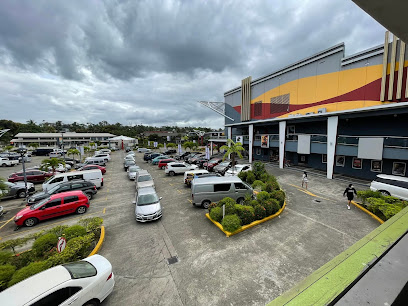
TappooCity Suva
Explore TappooCity Suva: A vibrant shopping mall offering local crafts, international brands, and delicious dining experiences in the heart of Fiji.
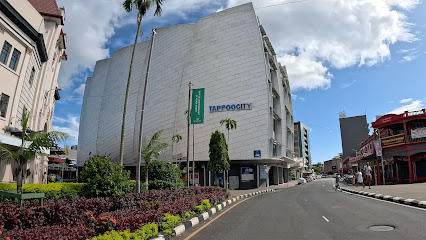
TappooCity Lautoka
Discover the heart of Lautoka at TappooCity, where shopping, dining, and local culture come together in a vibrant marketplace.
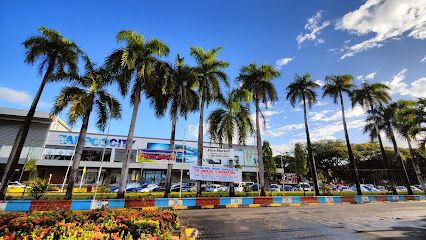
Suva Municipal Market
Explore the vibrant Suva Municipal Market, Fiji's busiest market, offering fresh produce, local crafts, and a true taste of Fijian culture.
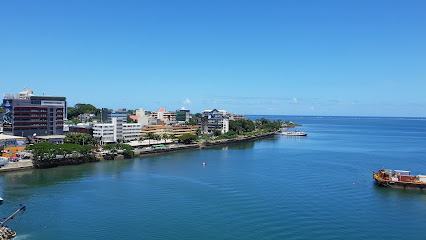
Sri Siva Subramaniya Swami Temple
Experience the vibrant culture and breathtaking architecture of Sri Siva Subramaniya Swami Temple in Nadi, a must-visit spiritual haven in Fiji.

Churchill Park
Discover the heart of Lautoka at Churchill Park – a vibrant stadium and park perfect for sports, relaxation, and local culture.
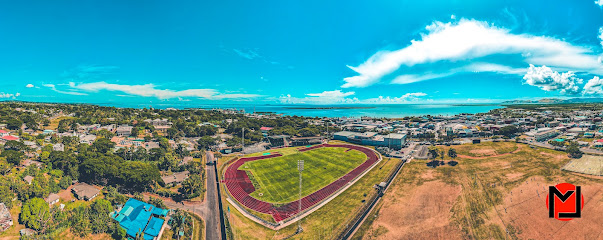
Viti Levu
Experience the stunning landscapes, vibrant culture, and warm hospitality of Viti Levu, Fiji's largest island paradise.
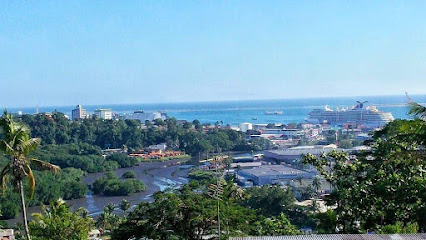
Tanoa Waterfront Hotel
Experience the beauty of Lautoka at Tanoa Waterfront Hotel, where luxury meets breathtaking ocean views and authentic Fijian hospitality.
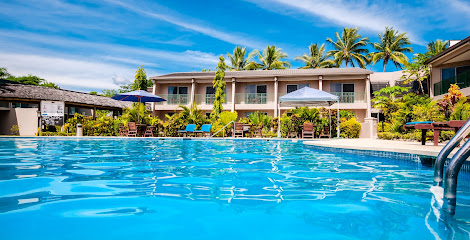
Garden of the Sleeping Giant
Discover the breathtaking allure of Fiji's Garden of the Sleeping Giant, a botanical wonder with a stunning collection of orchids and tropical plants.
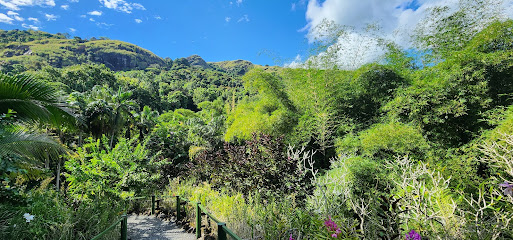
Kula WILD Adventure Park
Experience the thrill of Kula WILD Adventure Park, where Fiji's wildlife and adventure come together for an unforgettable family day out.
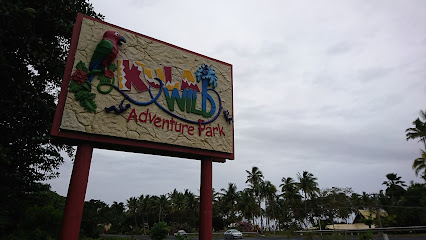
Village 4 Cinemas
Experience the magic of film at Village 4 Cinemas in Lautoka, where the latest movies meet a warm Fijian welcome.
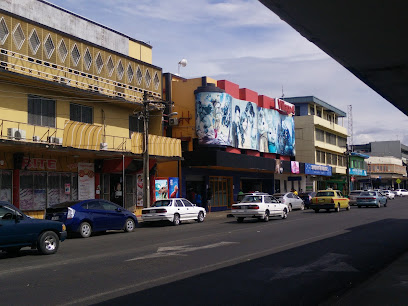
Lautoka Market
Experience the vibrant culture of Fiji at Lautoka Market, where local produce, crafts, and culinary delights await every traveler.
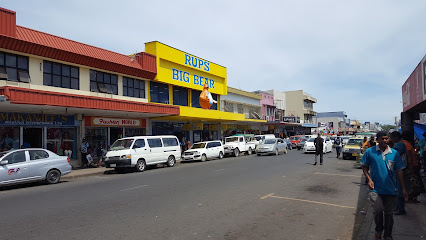
Sabeto Hot Spring Mud Pool and Tours
Unwind in the therapeutic waters and rejuvenating mud of Sabeto Hot Springs, a tropical paradise in Fiji’s lush landscapes.
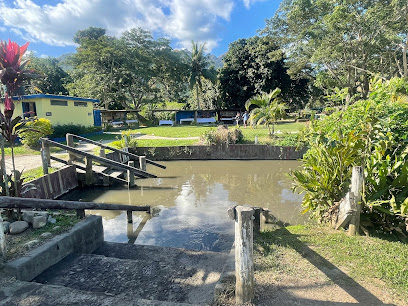
River Tubing Fiji
Discover the thrill of River Tubing in Fiji, where adventure meets nature in the heart of Navua's stunning landscapes.
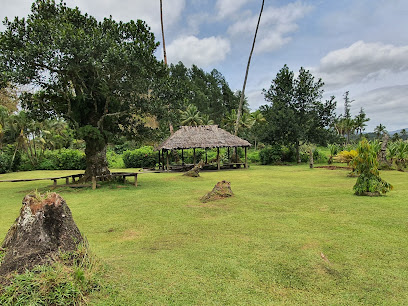
NEWWORLD IGA
Experience the best of Fijian flavors and essentials at NEWWORLD IGA, Lautoka's premier supermarket for tourists and locals alike.
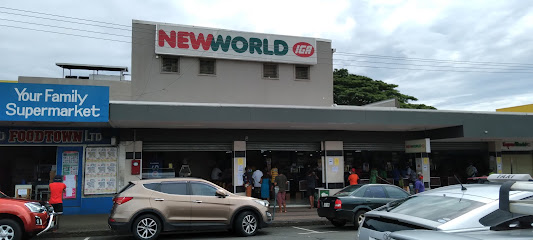
Unmissable attractions to see
Port Denarau Marina
Explore Fiji's idyllic islands from Denarau Marina, your gateway to paradise with world-class facilities and island adventures.
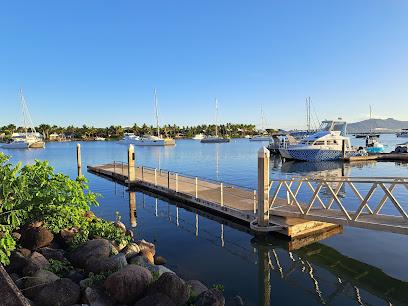
Malamala Beach Club
Experience the world's first island beach club: white sands, crystal waters, Pacific flavors, and endless relaxation await in Fiji's Mamanuca Islands.
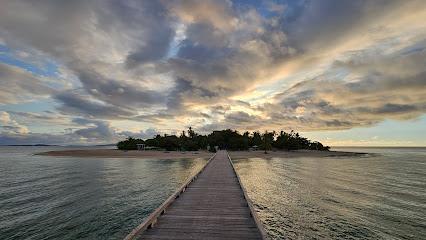
Sri Siva Subramaniya Swami Temple
Explore the largest Hindu temple in the Southern Hemisphere, a vibrant display of Dravidian architecture and Fijian-Indian culture in Nadi.
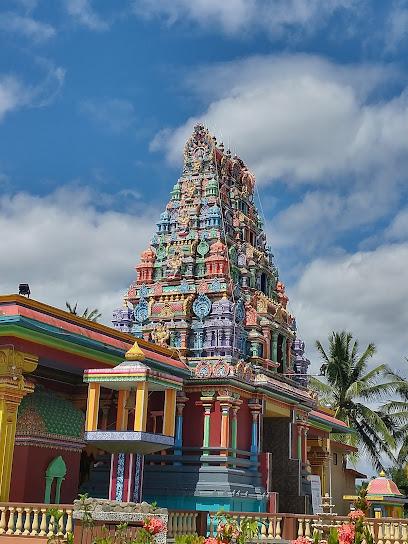
Churchill Park
Experience the heart of Lautoka's sporting culture at Churchill Park, a vibrant hub for local and international competitions and community events.
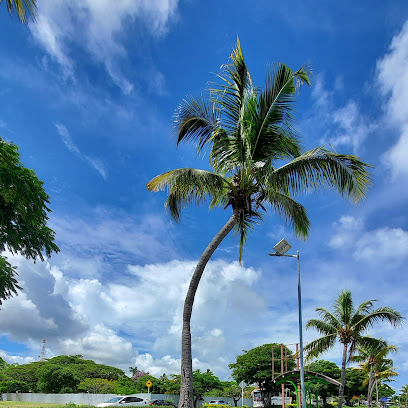
Garden of the Sleeping Giant
Explore the Garden of the Sleeping Giant, a serene botanical garden in Fiji showcasing thousands of orchids and tranquil landscapes for nature lovers.
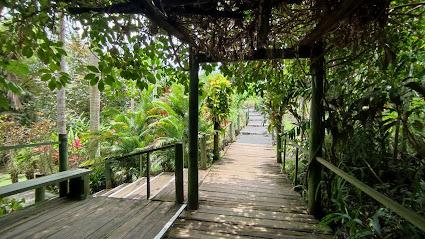
South Sea Cruises
Your gateway to unforgettable Fiji island adventures, offering seamless transfers and award-winning cruises to the Mamanuca and Yasawa Islands.

Vuda Marina
Experience world-class yachting facilities and Fijian culture at Vuda Marina, your gateway to the South Pacific islands.
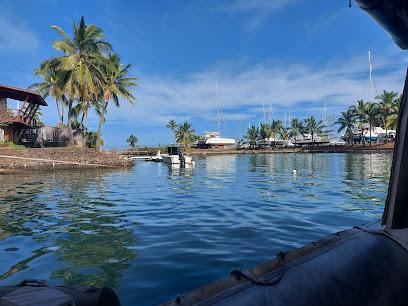
Big Bula Waterpark
Denarau Island's ultimate water adventure: thrilling slides, fun obstacles, and splash-filled excitement for the whole family!
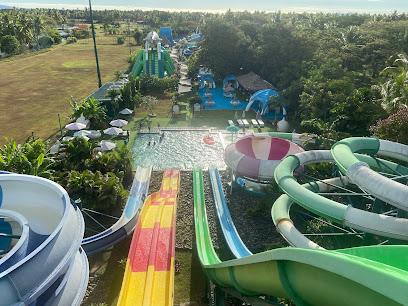
Cloud 9 Fiji
Experience paradise at Fiji's only floating bar and pizzeria, surrounded by turquoise waters, vibrant coral reefs, and unforgettable vibes.
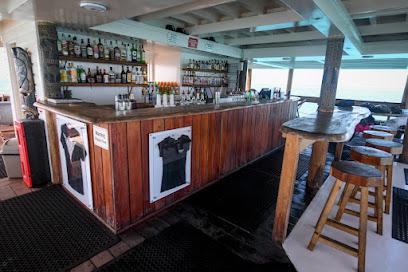
Sabeto Hot Spring Mud Pool and Tours
Rejuvenate your body and soul in Fiji's natural thermal mud and hot springs, a short trip from Nadi.
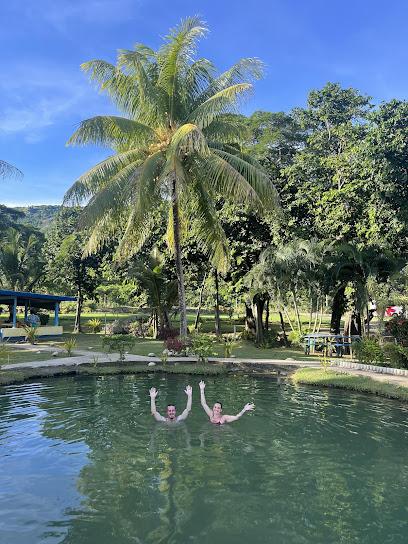
Castaway Island, Fiji
Discover paradise at Castaway Island, Fiji: pristine beaches, vibrant reefs, and authentic Fijian hospitality await in the Mamanuca Islands.
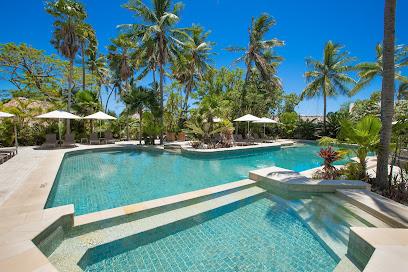
Koroyanitu National Park
Discover Fiji's hidden gem: Hike lush trails, experience vibrant culture, and support local communities in Koroyanitu National Park.
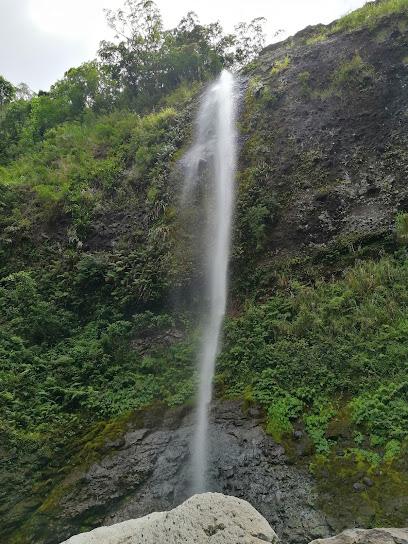
Captain Cook Cruises Fiji
Explore Fiji's stunning islands with Captain Cook Cruises: Day trips, cultural experiences, and unforgettable voyages await from Port Denarau.
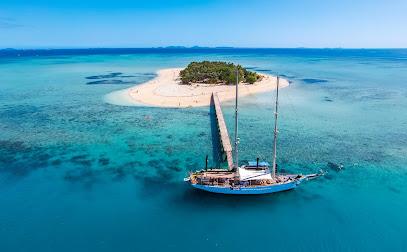
Fiji Culture Village
Experience Fiji's vibrant traditions: dance, crafts, and cuisine await at the Fiji Culture Village in Nadi. A must-see cultural journey!
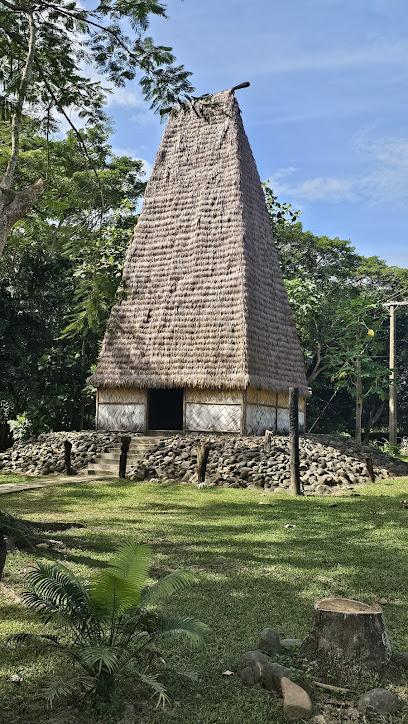
Sigatoka River Safari
Experience Fiji's heart and soul: Jet boat rides, village visits, and authentic culture on the Sigatoka River.
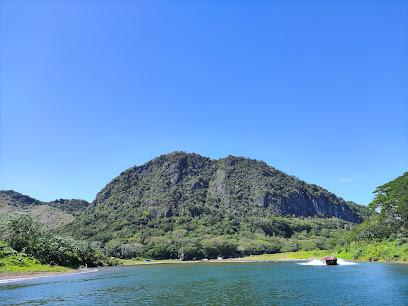
Essential places to dine
McDonald's
Discover McDonald's Lautoka: Your go-to fast-food haven offering classic meals with a touch of Fijian flavor.
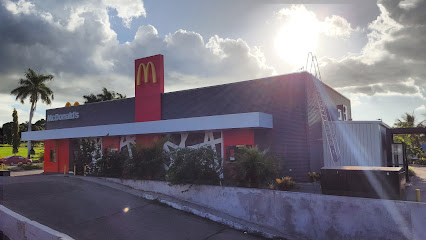
Tigers Superfast Takeaway
Discover Tigers Superfast Takeaway in Lautoka - your go-to destination for fast and flavorful local Fijian cuisine at great prices.
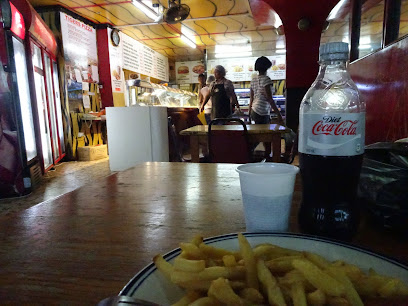
The Northen Club of Fiji
Discover authentic Fijian flavors at The Northern Club in Lautoka - where culinary tradition meets vibrant island culture.
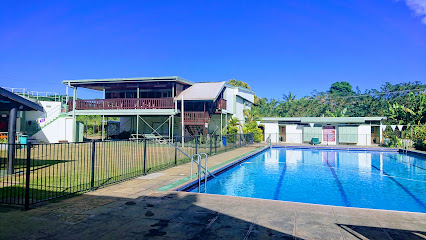
Nan Yang Seafood Restaurant
Experience authentic Chinese cuisine at Nan Yang Seafood Restaurant in Lautoka—where fresh seafood meets traditional flavors in an inviting atmosphere.
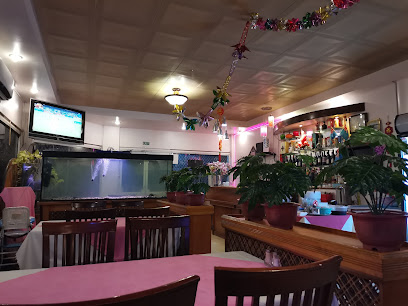
bbq chicken
Experience authentic Fijian flavors at BBQ Chicken in Lautoka – where delicious grilled meals meet warm hospitality.
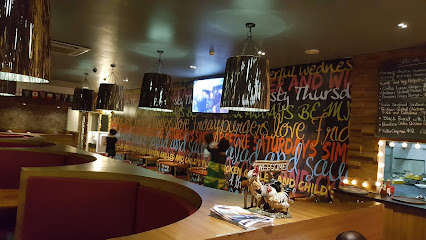
Blue Ginger Café & Deli
Experience the vibrant flavors of Fiji at Blue Ginger Café & Deli – your perfect dining destination in Lautoka.
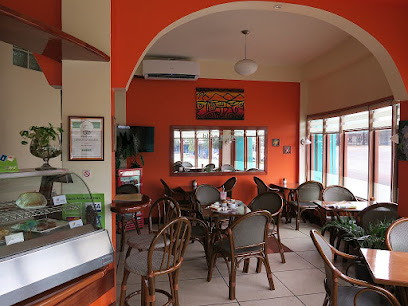
Grace Road Kitchen
Experience authentic Fijian cuisine at Grace Road Kitchen in Nadi – where every dish tells a story.
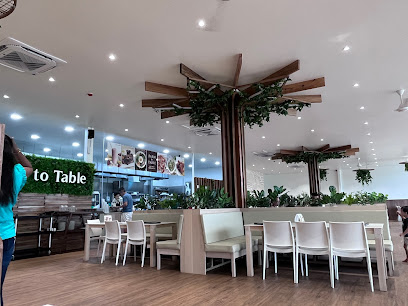
Kruepa Restaurant
Discover authentic Indian flavors at Kruepa Restaurant in Lautoka - where every meal is a celebration of taste.
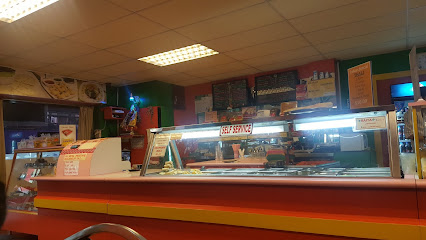
Chinese Palace Restaurant
Discover authentic Chinese cuisine at the Chinese Palace Restaurant in Lautoka – where every dish tells a story.
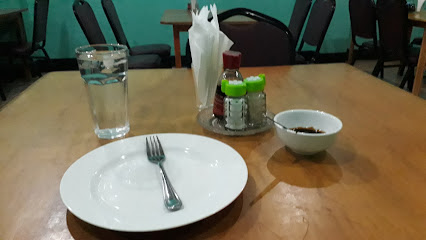
South Seas Restaurant
Discover authentic Fijian cuisine at South Seas Restaurant in Lautoka - where vibrant flavors meet island hospitality.
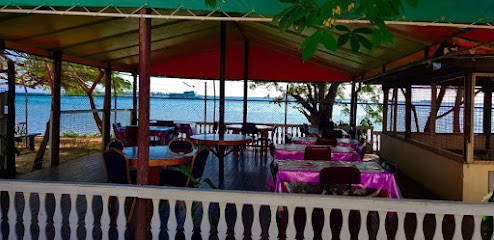
168 Seafood Restaurant
Experience authentic Chinese cuisine at 168 Seafood Restaurant in Lautoka - where fresh seafood meets cultural tradition.
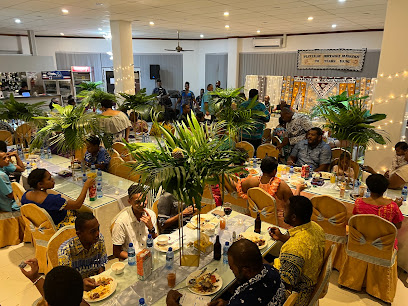
Chicken Express
Experience authentic Fijian flavors at Chicken Express - where every bite tells a story of culture and tradition.
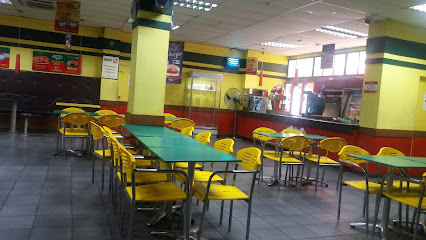
Great Wall Seafood Restaurant
Experience authentic Chinese seafood cuisine at Great Wall Seafood Restaurant in Lautoka – where every meal is a delightful adventure.
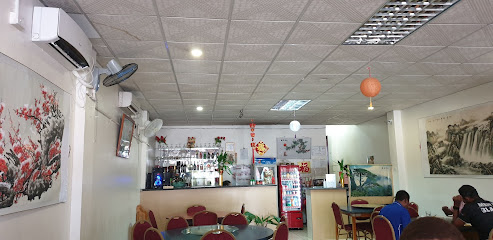
Tukuni Restaurant
Discover culinary excellence at Tukuni Restaurant - where fresh seafood meets breathtaking views in Fiji.
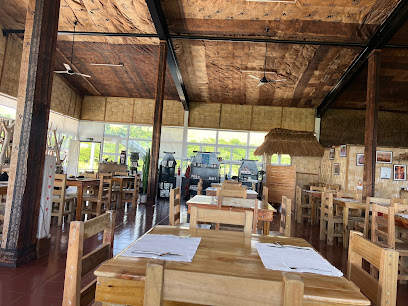
Lautoka Pizza Inn
Discover Lautoka's culinary gem at Lautoka Pizza Inn – where every slice tells a story of flavor!
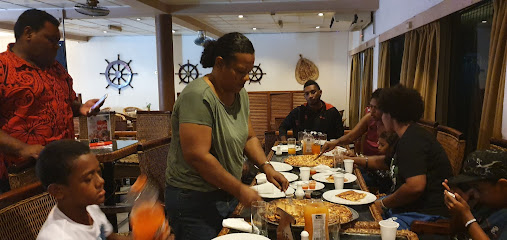
Markets, malls and hidden boutiques
TappooCity Lautoka
Experience the vibrant shopping and dining scene at TappooCity Lautoka, where local culture meets international flair in a modern setting.
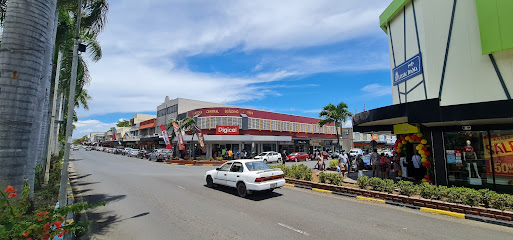
Extra Supermarket Fiji
Experience the vibrant flavors of Fiji at Extra Supermarket in Lautoka, where local produce meets global goods for a delightful shopping adventure.
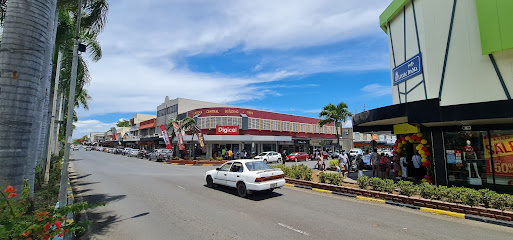
RB Patel Supermarket West Point
Experience the vibrant shopping culture at RB Patel Supermarket West Point in Lautoka, Fiji, with a wide range of local and international products.
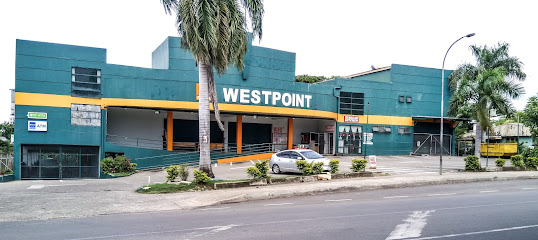
Lautoka Market
Discover the vibrant Lautoka Market, where fresh produce, local crafts, and Fijian culture come together in a bustling atmosphere.
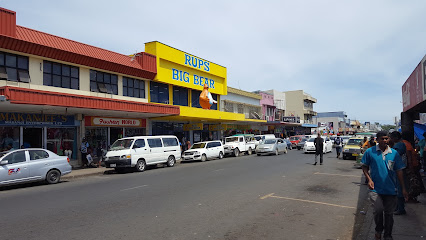
Lotus Foreign Exchange - Lautoka Branch
Experience seamless currency exchange at Lotus Foreign Exchange in Lautoka's Sugar City Mall, where friendly service meets competitive rates.
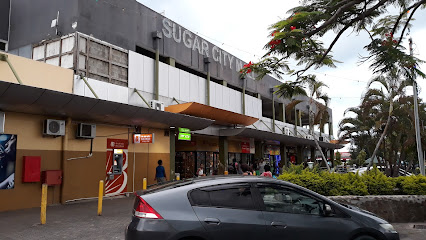
The Hub
Explore The Hub in Lautoka for an unforgettable shopping experience filled with diverse shops, delightful dining, and vibrant local culture.
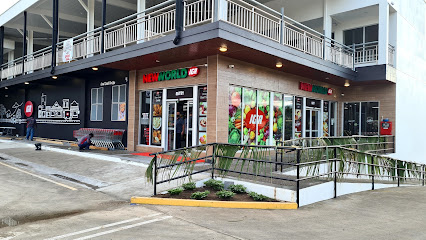
Shop n Save
Discover local flavors and essentials at Lautoka's Shop n Save supermarket, your go-to spot for Fijian culinary delights.
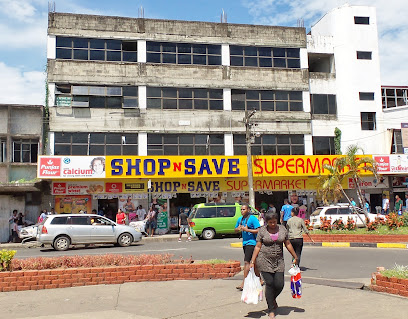
NEWWORLD IGA
Explore the vibrant flavors of Fiji at NEWWORLD IGA, Lautoka's premier grocery store for fresh produce and local delicacies.
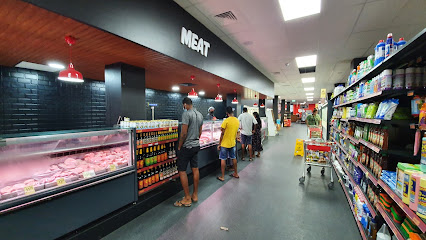
Deans Shopping Center
Explore Deans Shopping Center in Lautoka for local groceries, delicious treats, and a taste of Fijian culture while shopping.
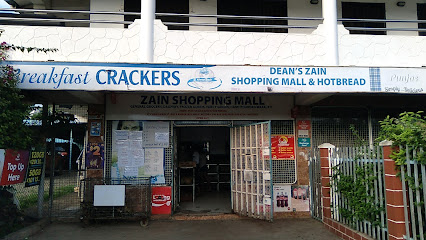
Fresh Choice Supermarket
Explore local flavors and fresh produce at Lautoka's vibrant Fresh Choice Supermarket, a must-visit for tourists in Fiji.
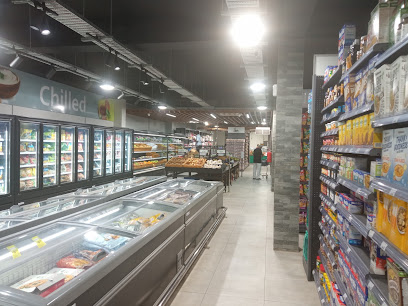
Vinod Patel, Tavakubu store
Discover an extensive range of tools and home improvement supplies at Vinod Patel, Tavakubu Store in Lautoka – a local favorite for DIY enthusiasts.
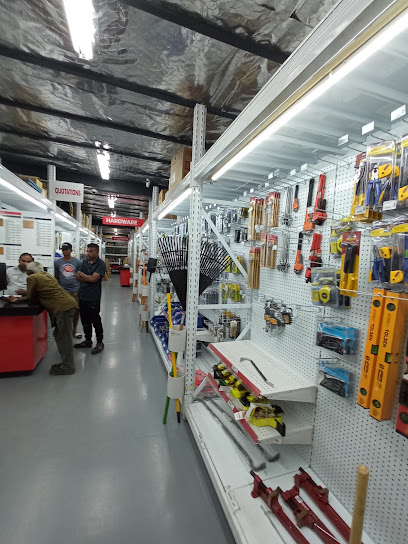
Jacks Fiji
Explore the vibrant shopping experience at Jacks Fiji, a must-visit department store in Lautoka showcasing the best of Fijian culture.
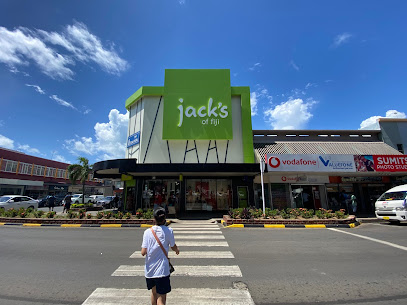
Prouds
Discover unique Fijian crafts and international brands at Prouds, Lautoka's premier department store for an unforgettable shopping experience.
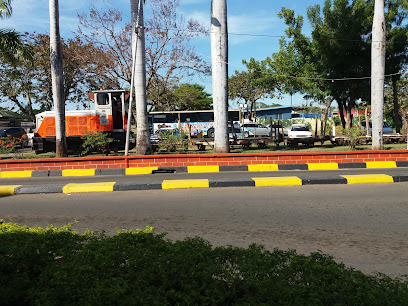
Courts Lautoka
Experience the vibrant shopping atmosphere at Courts Lautoka, the premier destination for home furnishings and unique finds in Fiji.
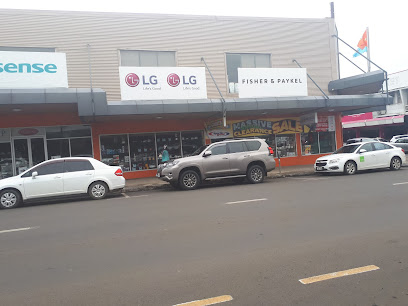
S Nagindas
Discover unique Fijian fashion at S Nagindas in Lautoka, where style meets local culture in a vibrant shopping experience.
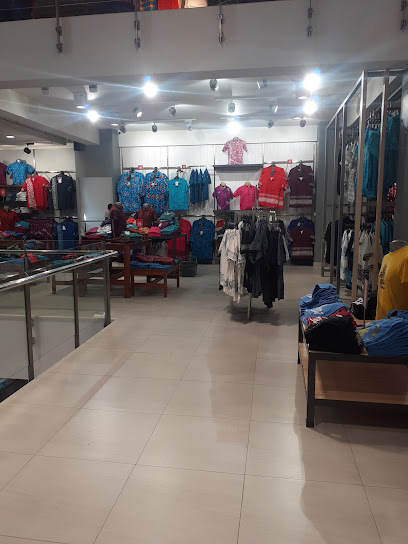
Essential bars & hidden hideouts
Tanoa Waterfront Hotel
Discover luxury and tranquility at Tanoa Waterfront Hotel in Lautoka, Fiji, where breathtaking ocean views and exceptional service await.
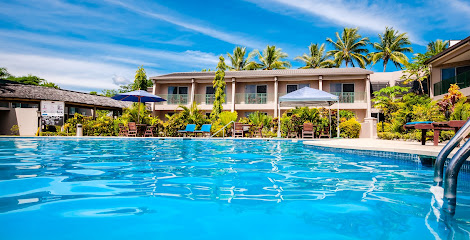
3 Hungry Bears
Experience the rich flavors of Fiji at 3 Hungry Bears, a top restaurant in Lautoka offering a diverse menu and a warm, inviting atmosphere.
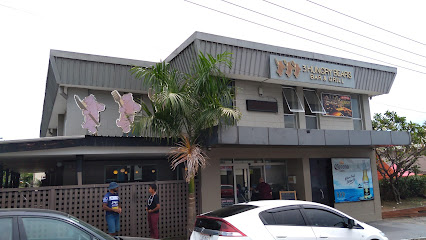
The Northen Club of Fiji
Experience authentic Fijian cuisine at The Northern Club of Fiji in Lautoka, where tradition meets flavor in a welcoming atmosphere.
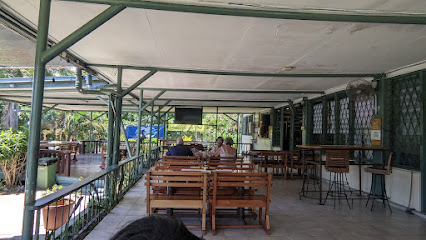
Nan Yang Seafood Restaurant
Discover authentic Chinese seafood delights at Nan Yang Seafood Restaurant in Lautoka, where culinary excellence meets a warm atmosphere.
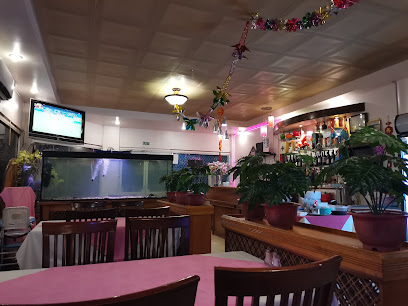
BBQ Chicken Lautoka
Experience the authentic taste of Fiji at BBQ Chicken Lautoka, where delicious BBQ chicken meets a vibrant dining atmosphere.
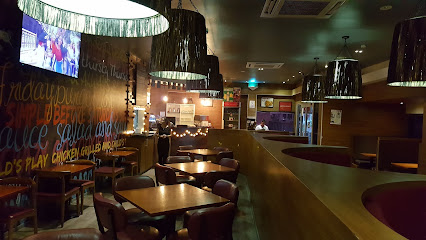
Blue Ginger Café & Deli
Discover a culinary oasis at Blue Ginger Café & Deli in Lautoka, where local flavors meet international cuisine in a warm, welcoming atmosphere.
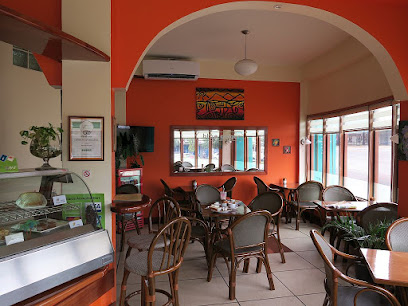
Chinese Palace Restaurant
Discover authentic Chinese cuisine at the Chinese Palace Restaurant in Lautoka, where fresh ingredients meet traditional flavors for an unforgettable dining experience.
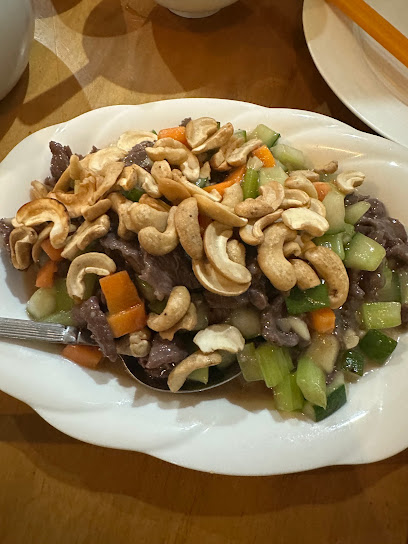
South Seas Restaurant
Discover the vibrant flavors of Fiji at South Seas Restaurant, Lautoka's culinary treasure with a menu that celebrates local cuisine.
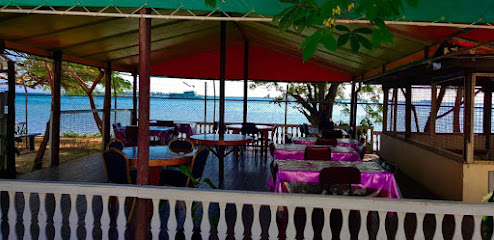
168 Seafood Restaurant
Discover fresh seafood and authentic Chinese cuisine at Lautoka's 168 Seafood Restaurant, a must-visit for food lovers.
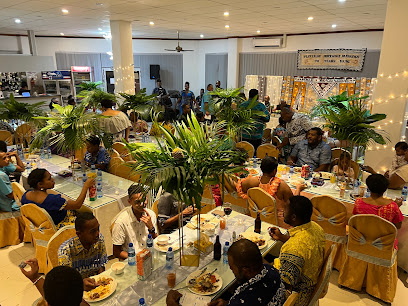
Chilli Tree Cafe
Experience the vibrant flavors and warm atmosphere of Chilli Tree Cafe in Lautoka, where local and international cuisine come together.
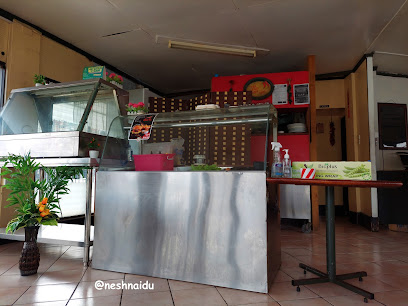
Nice Day Cake And Cafe
Experience the sweet side of Lautoka at Nice Day Cake And Cafe, where delectable treats and a cozy atmosphere await every visitor.
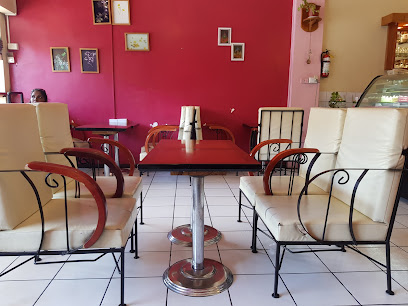
Lautoka Club
Experience the vibrant social scene at Lautoka Club, where friendly vibes and refreshing drinks await you in the heart of Lautoka, Fiji.
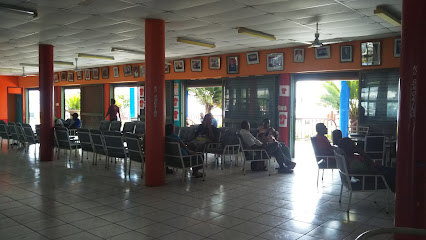
South Seas Club
Discover the vibrant nightlife of Lautoka at South Seas Club, where refreshing cocktails and live entertainment create an unforgettable experience.
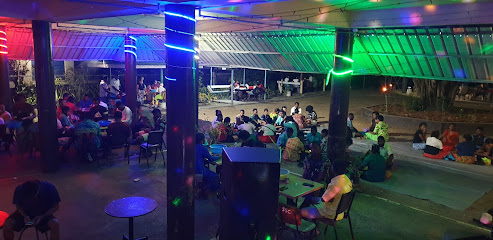
Lautoka Pizza Inn
Savor the authentic flavors of Lautoka with delicious pizzas at Lautoka Pizza Inn, the perfect spot for food lovers in Fiji.
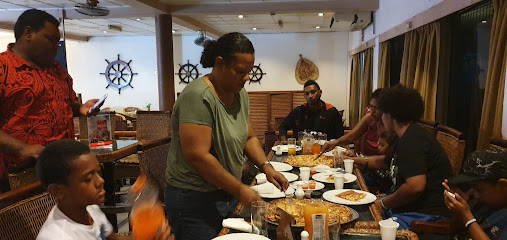
Local Phrases
-
- HelloBula
[Boo-lah] - GoodbyeMoce
[Moh-they] - YesIo
[Ee-oh] - NoSega
[Seng-ah] - Please/You're welcomeVinaka
[Vee-nah-kah] - Thank youVinaka vakalevu
[Vee-nah-kah vah-kah-leh-voo] - Excuse me/SorryTulou
[Too-loh] - How are you?O cei?
[Oh they] - Fine. And you?Vinaka. Ia ko?
[Vee-nah-kah. Ee-ah koh] - Do you speak English?Sa vosa vaka-Ingilisi?
[Sah voh-sah vah-kah-eeng-gee-lee-see] - I don't understandAu sega ni kila
[Ow seng-ah nee kee-lah]
- HelloBula
-
- I'd like to see the menu, pleaseAu vinaka me baleta na menu, vakalevu
[Ow vee-nah-kah meh bah-leh-tah nah meh-noo, vah-kah-leh-voo] - I don't eat meatAu sega ni kana bilo
[Ow seng-ah nee kah-nah bee-loh] - Cheers!Bula!
[Boo-lah] - I would like to pay, pleaseAu vinaka me vola, vakalevu
[Ow vee-nah-kah meh voh-lah, vah-kah-leh-voo]
- I'd like to see the menu, pleaseAu vinaka me baleta na menu, vakalevu
-
- Help!Ni vinaka!
[Nee vee-nah-kah!] - Go away!Lako yani!
[Lah-koh yah-nee!] - Call the Police!Qito na Pulisitaki!
[Nghee-toh nah Poo-lee-see-tah-kee!] - Call a doctor!Qito e dua na dokita!
[Nghee-toh eh doo-ah nah doh-kee-tah!] - I'm lostAu sa luvu
[Ow sah loo-voo] - I'm illAu sa bibi
[Ow sah bee-bee]
- Help!Ni vinaka!
-
- I'd like to buy...Au vinaka me voli...
[Ow vee-nah-kah meh voh-lee...] - I'm just lookingAu raica tiko
[Ow rye-thah tee-koh] - How much is it?E dua na ka e vica?
[Eh doo-ah nah kah eh vee-cah?] - That's too expensiveSa levu sara
[Sah leh-voo sah-rah] - Can you lower the price?Vaka levu mo bureitaka na cakacaka?
[Vah-kah leh-voo moh boo-ray-tah-kah nah thah-kah-thah-kah?]
- I'd like to buy...Au vinaka me voli...
-
- What time is it?Ei na gauna oqo?
[A-ee nah ngah-oo-nah oh-ngo?] - It's one o'clockE dua na siga
[Eh doo-ah nah see-ngah] - Half past (10)E lima na gauna
[Eh lee-mah nah ngah-oo-nah] - MorningMataka
[Mah-tah-kah] - AfternoonYasawa
[Yah-sah-wah] - EveningVakarau
[Vah-kah-rah-oo] - YesterdayNikua
[Nee-koo-ah] - TodayNiu
[Nee-oo] - TomorrowMataka
[Mah-tah-kah] - 1Dua
[Doo-ah] - 2Rua
[Roo-ah] - 3Tolu
[Toh-loo] - 4Va
[Vah] - 5Lima
[Lee-mah] - 6Ono
[Oh-no] - 7Vitu
[Vee-too] - 8Walutu
[Wah-loo-too] - 9Ciwa
[Thee-wah] - 10Tini
[Tee-nee]
- What time is it?Ei na gauna oqo?
-
- Where's a/the...?E vei na...
[A-vey nah...] - What's the address?Sa kena vakamacala?
[Sah keh-nah vah-kah-mah-thah-lah?] - Can you show me (on the map)?Vaka rawa mo vakaraitaka vei au (e na lomadrau)?
[Vah-kah rah-wah moh vah-kah-rye-tah-kah vay-ee ow (eh nah loh-mah-drau)?] - When's the next (bus)?E na gauna oqo na mataka (basu)?
[A-ee nah ngah-oo-nah oh-ngo nah mah-tah-kah (bah-soo)?] - A ticket (to ....)E dua na tiketi (ki ...)
[Eh doo-ah nah tee-keh-tee (kee ...)]
- Where's a/the...?E vei na...
History of Lautoka
-
Lautoka, located on the western side of Fiji's main island Viti Levu, has a rich history that begins with the early settlement by indigenous Fijians. These early settlers were part of the Lapita culture, known for their distinctive pottery. Archaeological evidence suggests that these communities thrived on the island as early as 1500 BCE, relying on fishing, agriculture, and trade.
-
The arrival of European explorers marked a significant chapter in Lautoka's history. In the late 18th century, Captain William Bligh, after the infamous mutiny on the HMS Bounty, sailed through the Fijian islands, including the waters near Lautoka. This began a period of increased European interest and subsequent interaction with the local population.
-
Lautoka's modern history is closely tied to the sugarcane industry. In the late 19th century, the British colonial government established sugar plantations in the area, transforming Lautoka into a significant economic hub. The establishment of the Lautoka Sugar Mill in 1903 by the Colonial Sugar Refining Company (CSR) further solidified the town's status. The sugarcane industry attracted a diverse workforce, including indentured laborers from India, which has had a lasting impact on the cultural fabric of Lautoka.
-
During World War II, Lautoka's strategic location made it an important site for Allied military operations in the Pacific. The town served as a base for both American and New Zealand forces, who established military installations and airfields. This period brought significant infrastructural development to the area, including roads and communication networks, which contributed to Lautoka's post-war growth.
-
Fiji gained independence from British colonial rule in 1970, and Lautoka continued to grow as a commercial and industrial center. The port of Lautoka became a crucial gateway for exports, particularly sugar and timber. The town expanded its infrastructure, including schools, hospitals, and recreational facilities, to support the growing population. Today, Lautoka is known as the 'Sugar City' and remains a vital part of Fiji's economy.
-
Lautoka is a vibrant cultural melting pot, thanks to its diverse population. The town is home to various ethnic communities, including indigenous Fijians, Indo-Fijians, Chinese, and Europeans. This diversity is reflected in Lautoka's cultural events, festivals, and culinary scene. The annual Sugar Festival, a week-long celebration featuring parades, music, dance, and food, is one of the highlights of Lautoka's cultural calendar.
-
Lautoka has also faced its share of natural disasters, including cyclones and floods. Notably, Cyclone Winston in 2016 caused significant damage to the town and surrounding areas. The resilience and community spirit of Lautoka's residents have been evident in their recovery efforts, showcasing their ability to rebuild and adapt to challenges posed by nature.
Lautoka Essentials
-
Lautoka is located on the western side of the island of Viti Levu in Fiji. The nearest international airport is Nadi International Airport, approximately 25 kilometers away. From Nadi, you can take a taxi, which typically takes around 30 minutes, or use a shuttle service provided by many resorts and hotels. Public buses also operate between Nadi and Lautoka, offering a more budget-friendly option for travelers.
-
Lautoka offers various transportation options for getting around the city. Local buses are an affordable way to explore, with routes covering most areas of the city. Taxis are readily available and can be hailed on the street or booked in advance. For those looking to explore at their own pace, car rentals are available, but driving can be challenging due to local traffic and road conditions. Walking is also a viable option for short distances, especially in the city center.
-
The official currency in Fiji is the Fijian Dollar (FJD). Credit cards are widely accepted in hotels, restaurants, and larger shops, but it is advisable to carry some cash for smaller establishments and markets. ATMs are available throughout Lautoka, and currency exchange services can be found at the airport, banks, and some hotels.
-
Lautoka is generally a safe destination for tourists. However, it's important to take standard precautions. Avoid walking alone at night in poorly lit areas and always keep an eye on your belongings in crowded places. Areas such as Lautoka Market can be busy and may attract pickpockets, so stay vigilant. While violent crime is rare, it's best to stay aware of your surroundings and use common sense.
-
In case of emergency, dial 911 for immediate assistance. Lautoka has a local police station and medical facilities, including Lautoka Hospital, which provides emergency services. It's recommended to have travel insurance that covers medical emergencies. For minor health issues, there are pharmacies throughout the city where you can purchase over-the-counter medications.
-
Fashion: Do dress modestly, especially when visiting religious sites or rural areas. Avoid wearing overly revealing clothing. Religion: Do respect local customs and traditions. Remove your shoes when entering someone's home or a religious site. Public Transport: Do be courteous and offer your seat to elderly passengers. Don’t eat or drink on public transport. Greetings: Do greet people with a friendly 'Bula!' (hello). A handshake is also appropriate. Eating & Drinking: Do try local foods and accept invitations to share meals, as Fijians are known for their hospitality. Don’t refuse food or drink offerings, as it can be considered impolite.
-
To experience Lautoka like a local, visit the Lautoka Market to buy fresh produce and traditional Fijian goods. Engage with the locals, who are known for their friendliness and willingness to share stories about their culture and history. Don’t miss a visit to the Sabeto Hot Springs and Mud Pool for a unique and relaxing experience. Additionally, taking a stroll along the Lautoka Waterfront offers beautiful views and a chance to see local fishermen at work.
Trending Landmark in Lautoka
-
Damodar City
-
TappooCity Suva
-
TappooCity Lautoka
-
Suva Municipal Market
-
Sri Siva Subramaniya Swami Temple
-
Churchill Park
-
Viti Levu
-
Tanoa Waterfront Hotel
-
Garden of the Sleeping Giant
-
Kula WILD Adventure Park
-
Village 4 Cinemas
-
Lautoka Market
-
Sabeto Hot Spring Mud Pool and Tours
-
River Tubing Fiji
-
NEWWORLD IGA
Nearby Cities to Lautoka
-
Things To Do in Nadi
-
Things To Do in Labasa
-
Things To Do in Ba
-
Things To Do in Savusavu
-
Things To Do in Sigatoka
-
Things To Do in Rakiraki
-
Things To Do in Suva
-
Things To Do in Nausori
-
Things To Do in Levuka
-
Things To Do in Kolovai
-
Things To Do in Vava'u
-
Things To Do in Ha'apai
-
Things To Do in Nuku'alofa
-
Things To Do in Pangai
-
Things To Do in Foa






